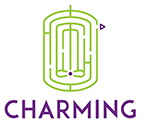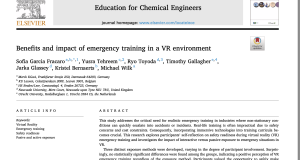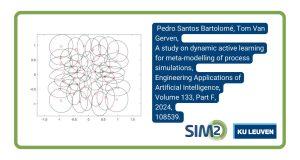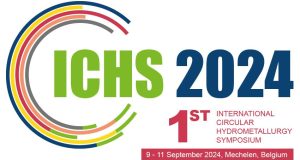After 3+ years of active research, 12+ scientific publications, ~10 international and local presentations, 5 research studies, 5 research methodologies and 100s of pages of thesis, Chioma Udeozor has come to the end of her PhD at Newcastle University under the supervision of Prof. Jarka Glassey and co-supervision of Dr. Fernando Russo.
After a huge amount of work, the challenges of Covid and the joys of working with all CHARMING partners Chioma has successfully defended her thesis on the 3rd of March, 2023. Both examiners were very impressed by the quality of the work, by all the papers Chioma managed to get published and by her knowledge and eloquence defending her work. She was only given minor corrections (one of the best results in the UK system) and hopefully soon she will be able to formally graduate and have the ‘Dr.’ title officially conferred on her in the presence of her family, friends and colleagues. Well done Chioma and all the best for future!
The summary of the PhD research along with a list of Chioma’s publications are available below.
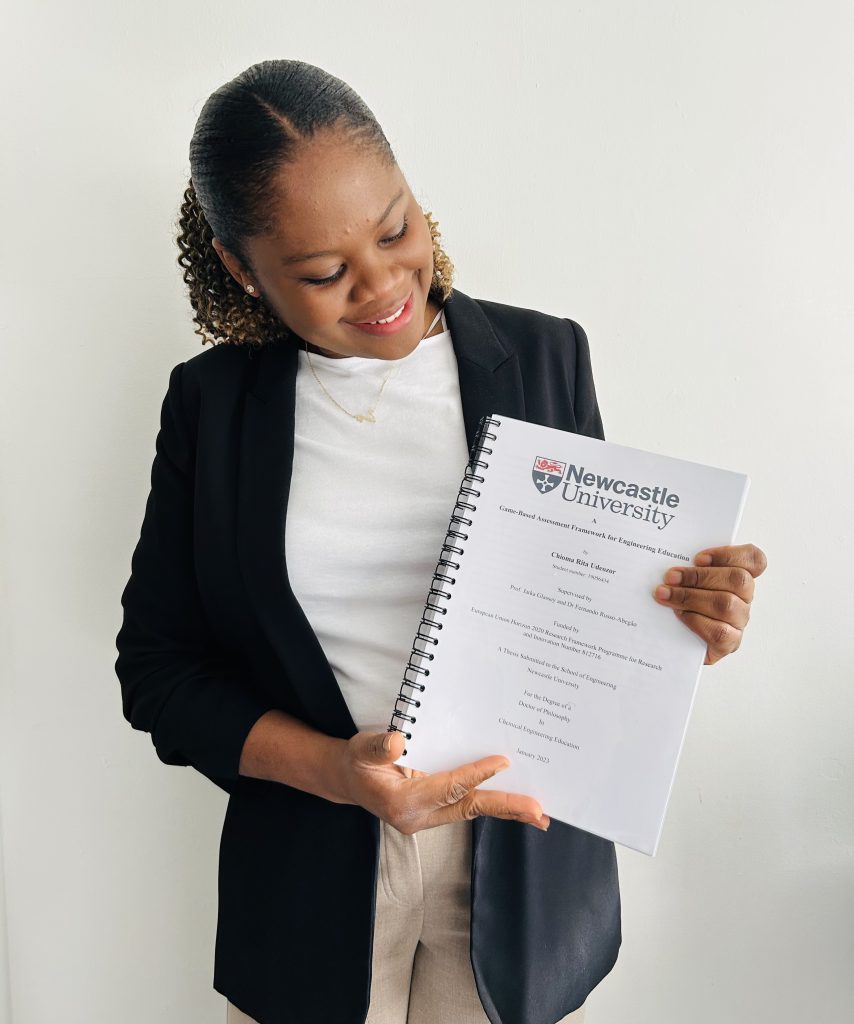
Abstract
Immersive technologies are gaining a lot of attention in various sectors for teaching and training. In the higher education sector, the interest in and the adoption of these technologies soared following the recent COVID-19 pandemic that limited face-to-face teaching. Engineering students were especially affected by these restrictions due to their inability to use the physical laboratories and workshops on campus. Engineers are trained to acquire both technical and non-technical skills necessary to solve current world issues. For the development of these skills, contextual learning environments are often required. Studies have shown that immersive technologies such as virtual reality (VR) and augmented reality (AR) are effective complements to current pedagogical tools due to their potential to enhance the development of complex skills and knowledge. One concern, however, with the use of these technologies for formal education is that educators are still treating them as “black boxes”. Educators lack the skills needed to design assessments for measuring learning in immersive environments. The research presented in this thesis aims to solve this problem by introducing an assessment framework that is underpinned by established pedagogical principles. This thesis also specifies best practices for the use of immersive technologies for higher education. To inform these outcomes, five empirical studies were carried out with engineering students and staff participants. Research designs such as mixed-methods, correlational and design-based research were adopted for these studies. The results provide useful insights into the views, behaviours and performance of engineering students in immersive environments. The results of the evaluation of the framework suggest that it is easy to use and useful for the intended purpose. Its application to the design of assessments for a VR application and an AR application and an educational digital game indicates that the framework is robust and could provide a structured basis for the design of assessments for immersive learning.
Chioma’s list of peer-reviewed CHARMING publications in scientific journals:
- C. Udeozor, R. Toyoda, F. Russo Abegão, J. Glassey, Perceptions of the use of virtual reality games for chemical engineering education and professional training, Higher Education Pedagogies, 2021, DOI:10.1080/23752696.2021.1951615
- C. Udeozor, F. Russo Abegão, J. Glassey, An Evaluation of the Relationship Between Perceptions and Performance of Students in a Serious Game, Journal of Educational Computing Research., 2021, DOI:10.1177/07356331211036989
- S. Fornós. C. Udeozor, J. Glassey, D. Cermak-Sassenrath, The CHEM Jam – how to integrate a game creation event in curriculum-based engineering education, Education of Chemical Engineers, 2022, DOI:10.1016/j.ece.2022.04.001
- C. Udeozor, R. Toyoda, F. R. Abegao, J. Glassey, Digital games in engineering education: systematic review and future trends, European Journal of Engineering Education , 2022, DOI:10.1080/03043797.2022.2093168
- C. Udeozor, F. Russo-Abegao, J. Glassey, Perceptions and factors affecting the adoption of digital games for engineering education: a mixed-method research, International Journal of Educational Technology in Higher Education, 2023, DOI:10.1186/s41239-022-00369-z
Chioma’s other CHARMING publications (conference paper, book chapter):
- J. L. Domínguez Alfaro, C. Udeozor, S. Solmaz, D. Cermak-Sassenrath, Designing a Mobile Game for Introducing Learners to a Soap Making process, European Conference on Games Based Learning, 2022
- C. Udeozor, F. Russo Abegão, J. Glassey, Gamification and Social Networks in Education, Exploring Log Data for Behaviour and Solution Pattern Analyses in a Serious Game, 2021, DOI:10.15340/978-625-00-0106-6_10
